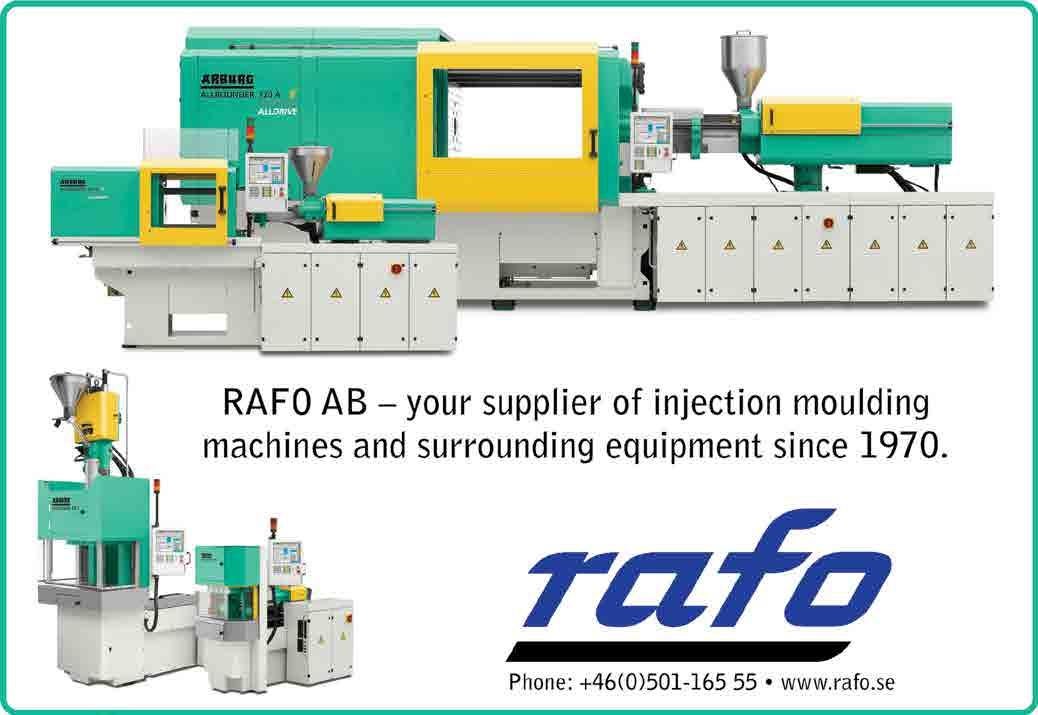
3 minute read
Focus on Germany Allan Hall reports from Berlin
NEWS
TECHNOLOGYSPOTLIGHT
Advances in technology across industry
Babcock Wanson boiler helps convert food waste into renewable electricity
Viridor, one of the UK’s leading recycling, renewable energy and waste management companies, has installed a Babcock Wanson HEB 1050 Hot Water Boiler into its anaerobic digestion plant at Walpole near Bridgwater, Somerset.
Viridor operates several Anaerobic Digestion (AD) facilities across the UK, which use renewable energy technology to capture methane expelled by digesting unwanted food within enclosed tanks. The gas is then used as a source of energy for heat and electricity, which is fed into the National Grid. To aid the production of methane, the digestors are warmed by circulating hot water around them. The new Walpole site has one boiler, a Babcock Wanson HEB 1050 Hot Water Boiler which has been used to start the initial AD process and will act as a standby.
Babcock Wanson’s HEB Boiler is a forcedcirculation, fully automatic packaged unit. The reverse flame design provides optimum furnace loading and the radial firetube assembly minimises material stresses. An easily reversible front door allows simple and quick access for inspection of the combustion chamber and reversal tubes without the need to remove the burner. Visit: www.babcock-wanson.co.uk
From sail to diesel to hydrogen
What if, in the near future, fishing boats replaced the diesel engine by a propulsion mode reducing both their energy bills and their polluting emissions, while contributing to the improvement of their crews’ working conditions? That is the goal of FILHyPyNE, a major naval hydrogen technology project for multi-species fishery backed by the Mission Hydrogène des Pays de la Loire, in association with DCNS, the French naval defence company.
The stages of the project are intended to validate the technical, economic, environmental and social performance of the hydrogen-fuel cell technology in actual professional operating conditions. In this context, DCNS has committed to the coordination of the propulsion system design studies, the production of the system and its onshore qualification. The group will subsequently be involved in the installation of the system in the fishing boat demonstrator and its qualification in harbour and sea trials. The third stage, coordinated by the fishermen themselves, will consist of a tour of France’s ports to have the demonstrator validated by its future users.
The purpose of the FILHyPyNE project is to design a multipurpose 12-metre coastal fishing boat (creelfishing boat, gillnetter, etc.) propelled by a hydrogen-fuel cell system. The project brings together a cluster of participants and partners from industry, research, education, training, economics and regional development. Visit: www.dcnsgroup.com
CONTI® POLYROPE replaces steel ropes in elevators
With the CONTI® POLYROPE, ContiTech further develops the successful flat belt technology, which was introduced in the elevator industry in the late 1990s.
Over 100 years, steel ropes were indispensable as suspension means for elevators. Around the turn of the millennium, the first alternatives came up with robust polyurethane belts, which were much lighter than steel ropes, allowing more efficient drives and easier maintenance.
The CONTI® POLYROPE features 2mm thick steel ropes consisting of 49 individual strands, which are embedded in a polyurethane coating. They give the suspension means its high tensile and breaking strength. The coating is durable, resistant to hydrolysis and has very good traction properties: even at maximum load, a reliable power transmission is given.
As a result, the product offers an extremely long life span. The CONTI® POLYROPE holds up to three times longer than comparable steel ropes and is 20% lighter, it also does not need to be lubricated. This helps to reduce downtime and maintenance costs. Visit: www.contitech.de











